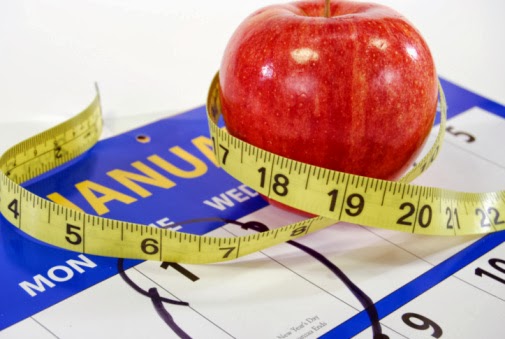Good health happens when the physical, emotional and social or environmental parts of our lives are in balance. The New Year gives us a built-in reality check to see how those components are working for us, and if not, some guidance for what to work toward. As a family physician, I work with patients of all ages and life stages. An important part of my job is cheerleading healthy lifestyle changes with my patients when they are ready to commit. What I have learned is that small, specific resolutions and goals are more likely to be successful.
If your physical health is not optimal, resolve to ADD something, not subtract (in the way many think of typical diets for weight loss):
- Resolve to ADD a serving of vegetables to your lunch and dinner each day. Resolve to ADD 2 non-caffeinated, non-sugared drinks each day.
- Resolve to go OUTSIDE part of every day. If you work in an office setting, stepping out (even in cold winter weather) clears your head and can inspire you to be more active.
- Resolve to take the stairs instead of the elevator at least once per day.
- If you are home with children, resolve to turn off the TV or computer and get everyone moving – play outside or have an impromptu dance party.
Stress saps physical and emotional energy. When my patients report stress we try to identify which stressors can be changed:
- Resolve to cut back on an extra activity that adds more hassle than benefit.
- Resolve to learn a new job skill that could lead to a more satisfying position. Some stressful situations cannot be changed in the short term, in which case the only solution is to change your reaction to them.
- Many of our responses to annoying situations or people become reflexive and negative. Resolve to identify your automatic reactions and replace them with more positive ones.
- Resolve to sit and stand up straight which can give you more energy.
- Resolve to stretch your neck and shoulders several times a day – many people carry physical tension in their shoulders which can lead to fatiguing back pain and headaches.
- Add recorded books or relaxing music to your daily commute and resolve to NOT react angrily to other drivers.
- Resolve to find and be thankful for a moment of peace in every day. For me, it is appreciating natural beauty: the dazzle of sun shining through ice-covered branches, or flowers growing on an old bridge.
Finally, resolve to contribute in some way to your community. Helping others improves your own health and wellbeing, and can take the form of formal volunteering or simply offering to visit or help a neighbor.
When people resolve to “lose weight” they are actually saying “I want to feel and look better.” These specific and holistic resolutions can help move people toward a healthier life.
Dr. Amy Crawford-Faucher is a family physician at UPMC. An excerpt of this blog post appeared on CNN Health.









